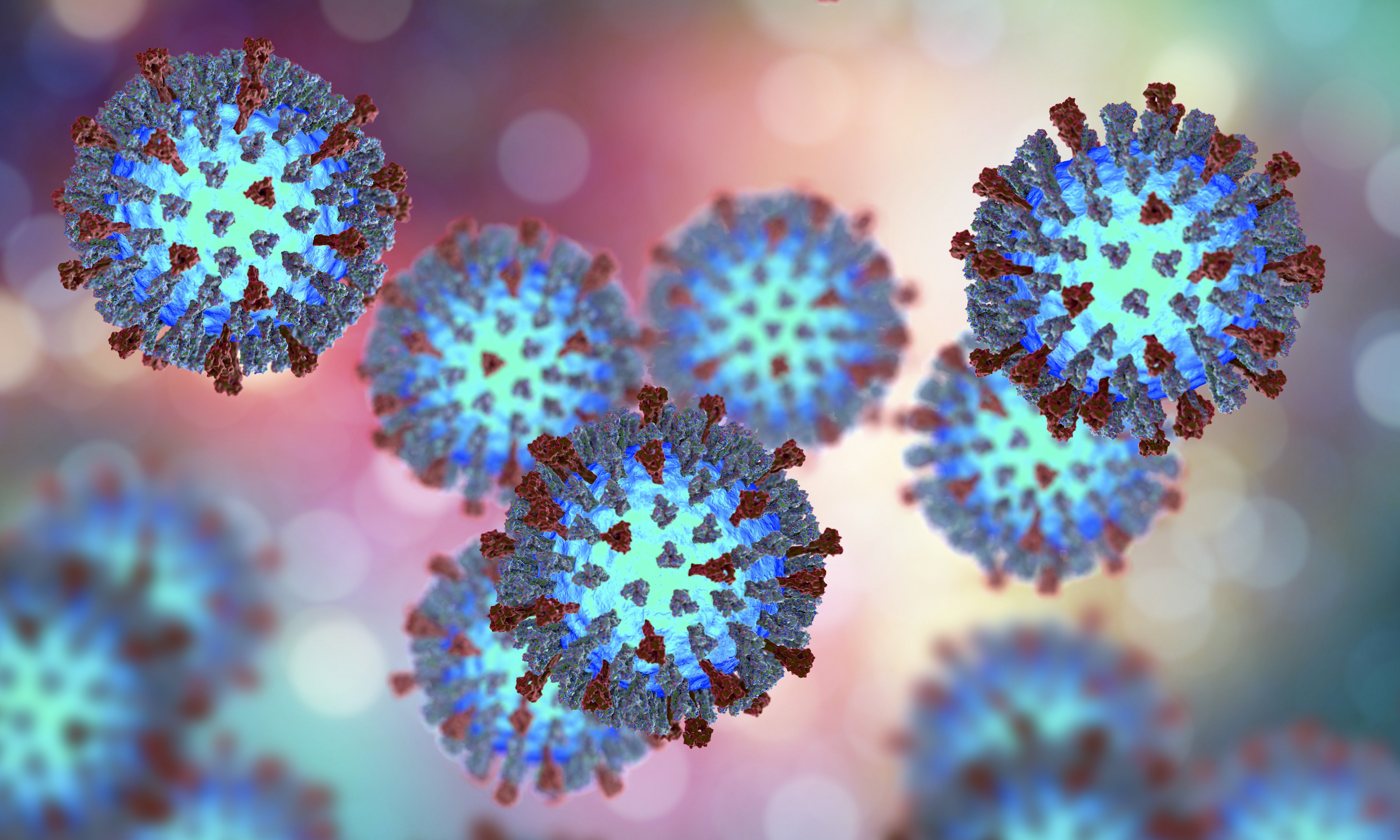The recent outbreak of measles in the United States, primarily in the Pacific Northwest, is leaving people concerned about the health and safety of themselves and their children. Catching the measles in the U.S. was a fairly rare occurrence until now, and most people do not know much about the disease. Protect yourself and your family by learning everything you can about the measles.
How does measles spread?
The measles virus can spread through both the air and through fluids. When a person who is infected with the virus sneezes or coughs, someone nearby can easily inhale the infected droplets. You can also contract measles by making direct contact with fluids from an infected person's nose or mouth. As an extremely contagious virus, it can live in the air or on surfaces for up to two hours.
While measles was largely eradicated in the U.S. thanks to the measles vaccination, the disease is still present in many other parts of the world. The majority of the recent outbreaks started when an unvaccinated person traveled to another country with an active outbreak and brought it back to the United States. The virus has then spread to other people and children who are unvaccinated.
What are the symptoms?
The telltale signs of the measles are a red or brownish blotchy rash and a very high fever. Before the rash is apparent, someone with the measles will experience cold-like symptoms. This can include a runny nose, cough, fever and red, watery eyes. All of these symptoms tend to worsen during the first one to three days of the illness.
Some people who catch the measles also develop other illnesses, such as ear infections, diarrhea, and pneumonia or other serious lung infections. A severe case of the measles can lead to encephalitis, or swelling of the brain, and even death. If you or a loved one exhibit any of these symptoms, call your nearest Indigo Health clinic to find out how they can best treat you.
Who is at risk?
As previously mentioned, the virus is extremely contagious. This makes anyone who hasn't received the measles vaccination at high risk of catching the measles. Most children are vaccinated against measles at about one year old, putting infants under a year old at very high risk. Some people who have other health conditions cannot receive the vaccination and are at high risk of catching measles as well.


